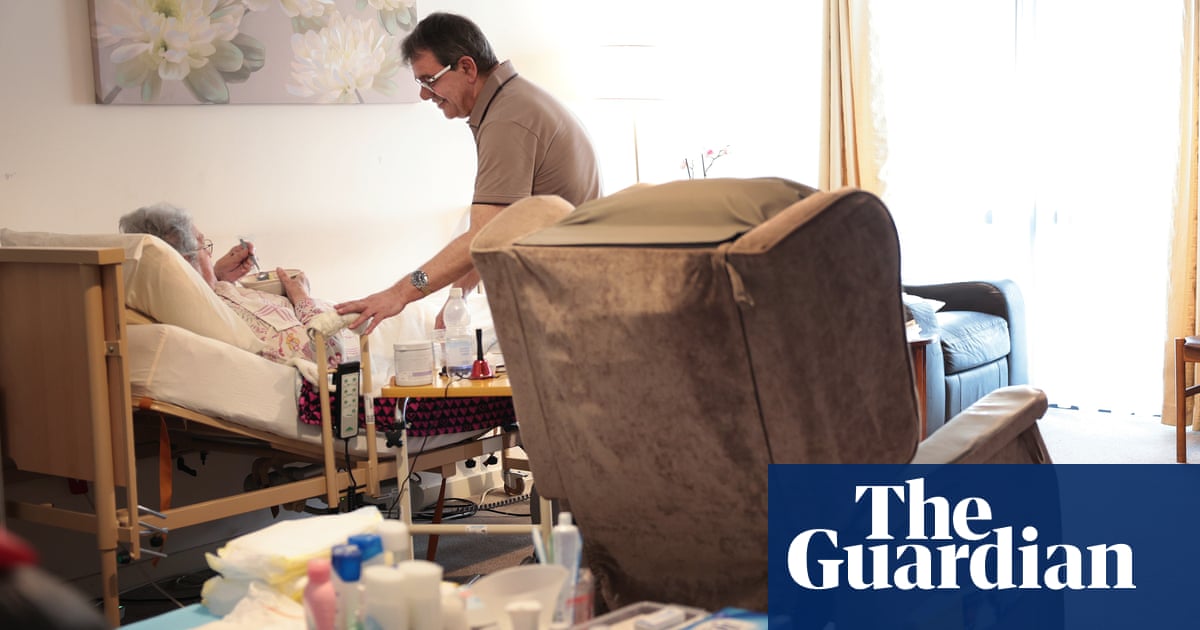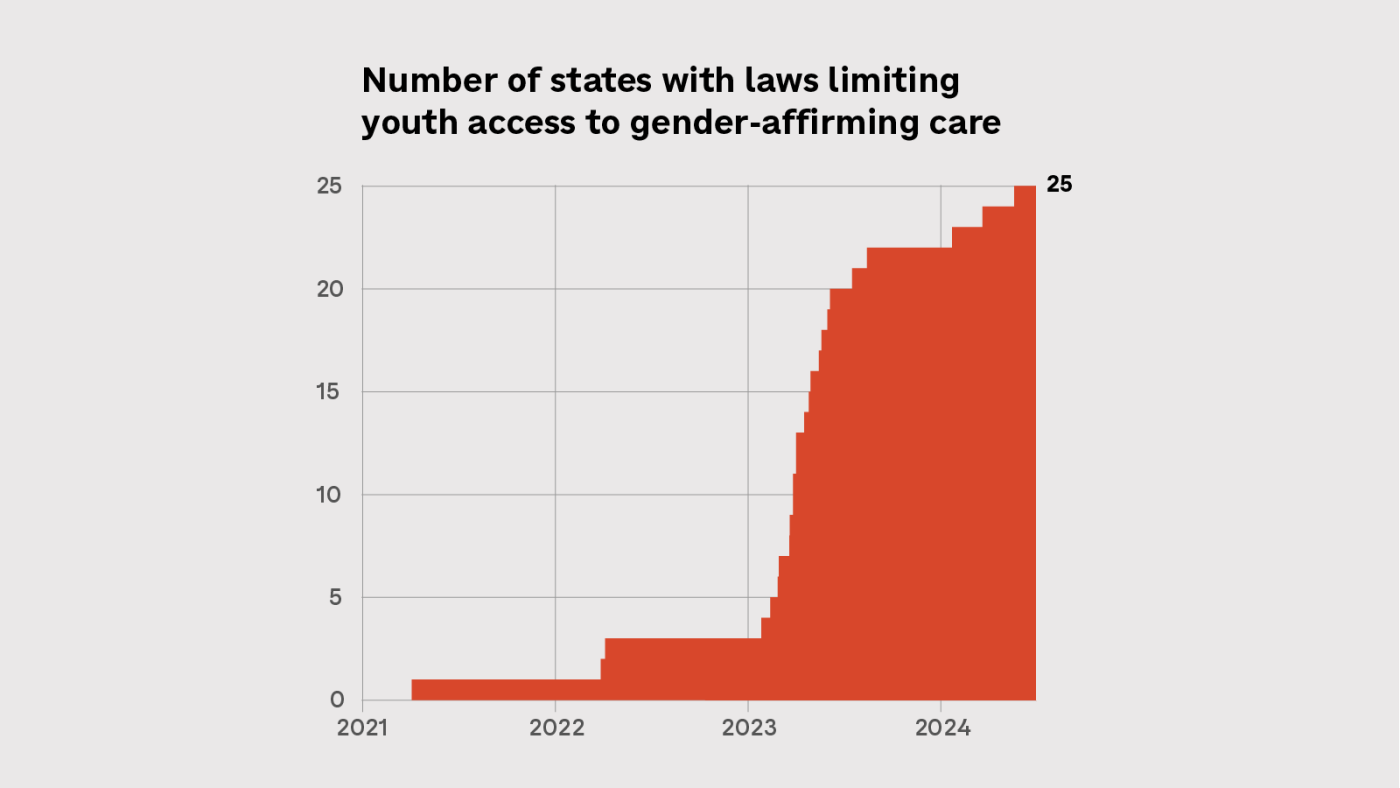‘It feels like contempt’: DWP asks 85-year-old dementia patient to repay £13k | Benefits


Eighty-five-year-old Sia Kasparis was in her hospital bed in the living room of her small north London flat when there was a knock at the door.
The grandmother-of-five has been bedbound for the last two years, the result of a collapsed vertebra and a range of other health problems, including vascular dementia, heart failure and kidney disease.
She relies on round-the-clock care from her son Andrew Kasparis, 66, who lives with her and has been her full-time carer since December 2019.
That is when Andrew started receiving about £50 a week from the Department for Work and Pensions (DWP) to look after her, known as the carer’s element of universal credit.
At this point, the rules state, Kasparis should have notified the DWP that her son was receiving this small weekly allowance as it meant she was no longer eligible for the severe disability premium of pension credit she had been receiving.
Yet she failed to do so – and now the DWP is forcing her to pay back almost £13,000 in overpayments it allowed to build for nearly four years. “It was a shock, a complete shock,” said Andrew, a market analyst.
Her case is not unique: last month the Guardian revealed how a 93-year-old woman with advanced Parkinson’s and dementia had been ordered to pay back more than £7,000 after she failed to notify it of a change in her circumstances – which the DWP would automatically have detected in any case – when she was in the early stages of dementia.
Ministers last week issued a rare apology and agreed to hand back the £7,000 to the mother of Rose Chitseko, whose case was highlighted as part of the Guardian’s long-running investigation into carer’s allowance.
Campaigners say it beggars belief that the DWP requires vulnerable, disabled and seriously ill people to formally notify it when someone takes up carer’s allowance to look after them – a fact the department already knows.
Andrew says his mother, who speaks limited English, had no idea about this requirement – and that it would have been “virtually impossible” for her to contact the DWP because of her serious health conditions, of which the department was aware.
“Dementia or not, she wouldn’t have known she had to do it anyway and she wouldn’t have been able to do it anyway,” he said.
On 14 March, the DWP sent two officers to Kasparis’s ground-floor flat in Islington, north London, to hand-deliver the demand to repay £12,919.29.
Andrew said the two “burly” officers told him they were only there to ensure his mother received the repayment notice – “like bailiffs” – and they could not answer any questions about it.
“This is what they do to vulnerable people,” he said. “They knew they were visiting an 85-year-old woman with dementia. I just felt it was quite intimidating.”
After asking the DWP to explain how it had calculated the £12,919 debt, the department confirmed that it was the total amount of severe disability premium that had been overpaid from December 2019 to October 2023.
after newsletter promotion
The DWP has not explained why it took almost four years to notify Kasparis about the infringement, even though it should have been known to the department immediately.
Kasparis, a Cypriot-born former dressmaker who has no savings, is saddled with a debt she will almost certainly take to the grave. At the current repayment rate of £51 a month, the DWP will be clawing the money back until 2034 – when she would be 106.
The DWP had started taking money from the 85-year-old’s weekly pension credit – despite Andrew lodging a formal appeal – but said this had been paused after being contacted by the Guardian last week.
A DWP spokesperson said: “We have paused the recovery process as we review Ms Kasparis’ case as per our policy when we receive a mandatory reconsideration request.”
The DWP declined to say whether it carries out any assessment of a person’s circumstances before ordering them to repay such huge sums in cases like this.
Emily Thornberry, the shadow attorney general and the Kasparis’s constituency MP, said the DWP must “urgently reassess” all cases like this.
She said: “If they do so, they will find – as in this case – that there is no justification for trying to claw this money back from thousands of seriously ill people, who did nothing wrong and have no ability to pay.”
The Labour MP added: “We all understand that the DWP have a responsibility to protect public money and prevent abuse of the system, but when deeply vulnerable individuals have received overpayments without their knowledge, and through no fault of their own, the DWP need to take a step back and consider whether it is really their function to plunge them into even deeper hardship than they are already facing.”
Andrew has not told his mother about the huge penalty. She has struggled with anxiety and depression since her husband died with dementia in 2012, he said, and she had never been in debt before.
“The idea of being £13,000 in debt could finish her off,” he said, adding: “I worry about vulnerable people on their own having to deal with this. It feels like they just have contempt for us.”
Source link




